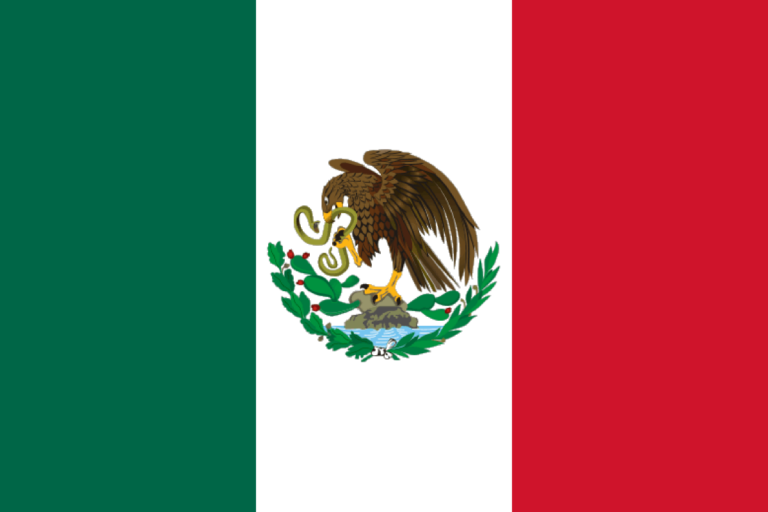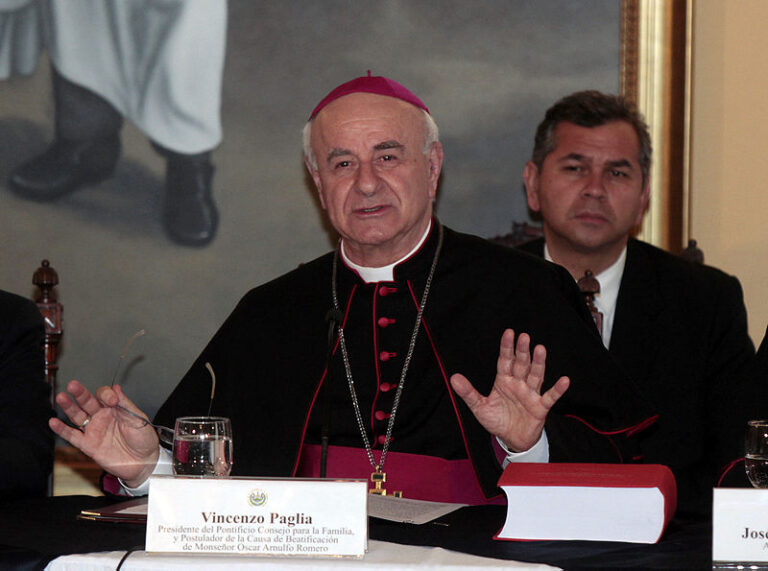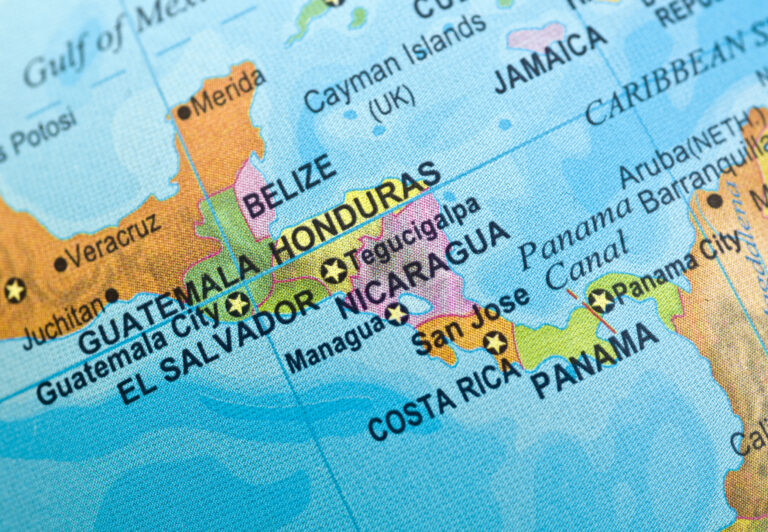Activists concerned about the creeping population control mentality at the United Nations ad their work cut out for them on Friday, March 13. After two weeks of intense negotiations by nearly 100 national delegations, a set of “agreed upon conclusions” passed without objection before the 42nd Session of the Commission on the Status of Women (CSW) meeting at UN Headquarters in New York City.
Interpretation of events will go on, but on the last day of the conference, the chief negotiator for the South Africa delegation, who had been a persistent voice in the conference for the feminist view of the document, was heard to comment that the new CSW document had effectively rolled back the Fourth World Conference on Women.
The CSW is the organization charged with following up the Beijing Conference and was meeting in New York as a prelude to a special women’s session of the UN General Assembly to be held in New York in the year 2000. The CSW passed a handful of resolutions with the core of them centered on four key areas; the Girl Child, Women in Armed Conflict, the Human Rights of Women, and Violence Against Women.
As usual, the most contentious part of the debate centered on aspects of reproductive health and sexual rights. On one side of the question was the United States, and the European Union (EU). On the other side was the Holy Sec, and countries from the Middle East, the Far East, and Africa, Iran, Morocco, the Sudan, Pakistan and the Philippines. Mostly absent or silent in the debate were the usually solidly anti-population control countries of Latin America. Speculation from those experienced Latin America watchers said they have grown tired of the reproductive health debate and decided to sit this one out.
A united group of concerned NGO lobbyists from France, the United States, Canada, Australia, Nigeria and Great Britain assisted the Moslem countries in formulating strategy and writing drafts of documents to counter anti—life and family documents
The debates frequently lasted long into the night, and often pitted lone Muslim voices against the Brazilian chairman of the meeting, and the powerful countries of the industrialized west. In the Girl Child document there was an effort to encourage governments to campaign in support of the reproductive health and sexual rights of minor girls, with absolutely no concomitant role for parents. A single Iranian held out as long as he could, but he finally relented to the aggressive gavel of the chairman. The paragraph stayed, but language about the girl child’s sexual rights was dropped. Family concerns were later adopted in a paragraph all its own.
A most contentious item came in the discussion on Women in Armed Conflict, where forces which tend to favor abortion as a means of population control wanted to include in the document what they called “forced pregnancy? Originally understood to mean repeated rape for the purposes of impregnation, the term has evolved to mean the absence of liberal abortion laws. The Holy See insisted in explicitly defining the term in the original way, while the EU, and others, insisted otherwise. Without any kind of consensus, the term was dropped from the document altogether.
Another surprise came at the end of the last day under another item in Women in Armed Conflict. The language of the paragraph called for women to retain their “sexual and reproductive rights” in times of war. At the last moment, and as a surprise to everyone present, the Iranians insisted on taking this out of the document. So, it was amended to read, simply and less dangerously, that in times of armed conflict women “retain their rights?
Like most UN documents, the CSW’s set of “agreed upon conclusions,” does not have the force of law, only the force of moral suasion. Nonetheless, these documents work to establish a steady drumbeat that small countries find increasingly difficult to resist. They also form the backbone of what can eventually have the force of international common law.
The CSW document must still pass the General Assembly next fall.
Austin Ruse is Deputy Director of the Catholic Family and Human Rights Institute, the only fulltime NGO monitoring human rights and family issues at the United Na tions.










